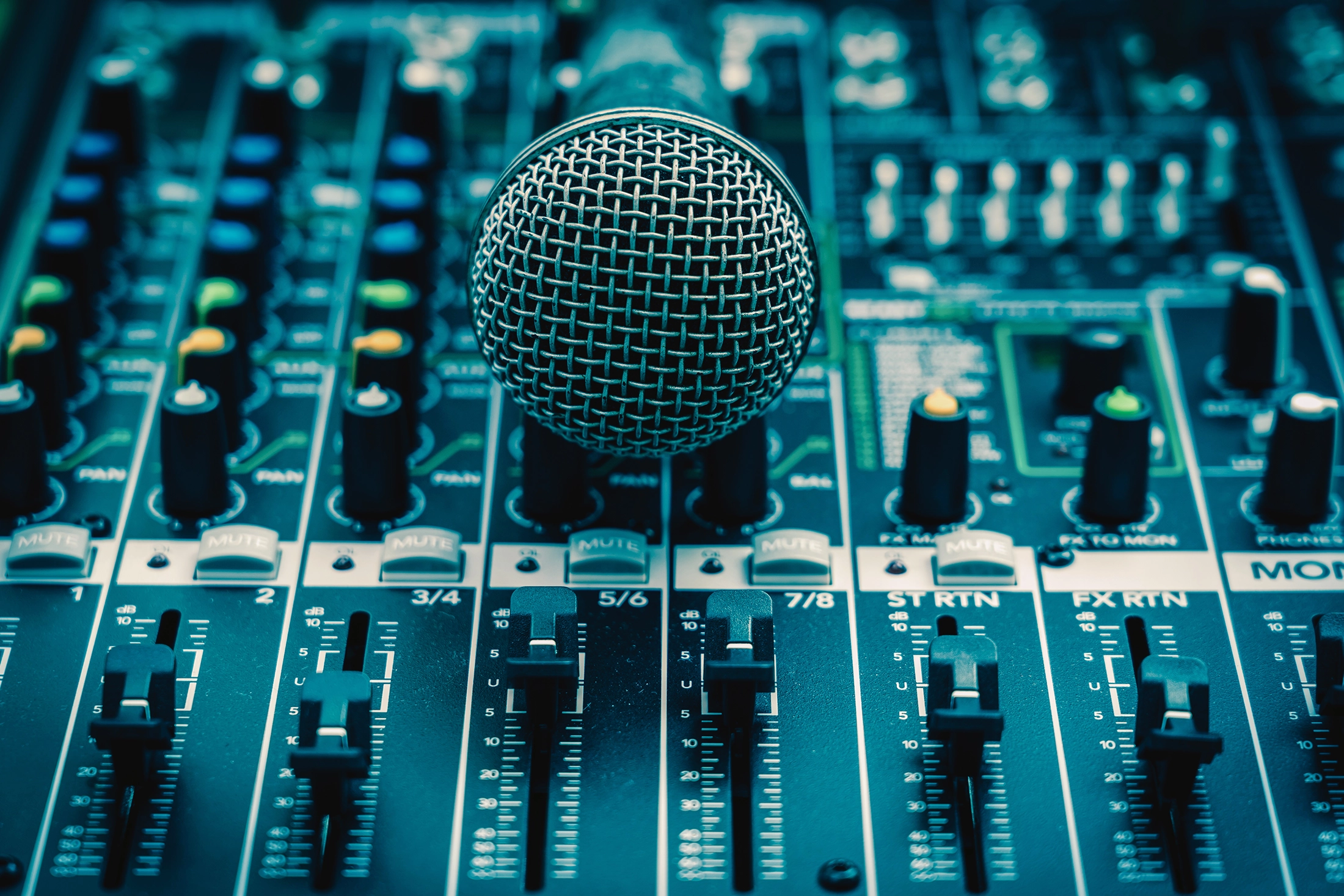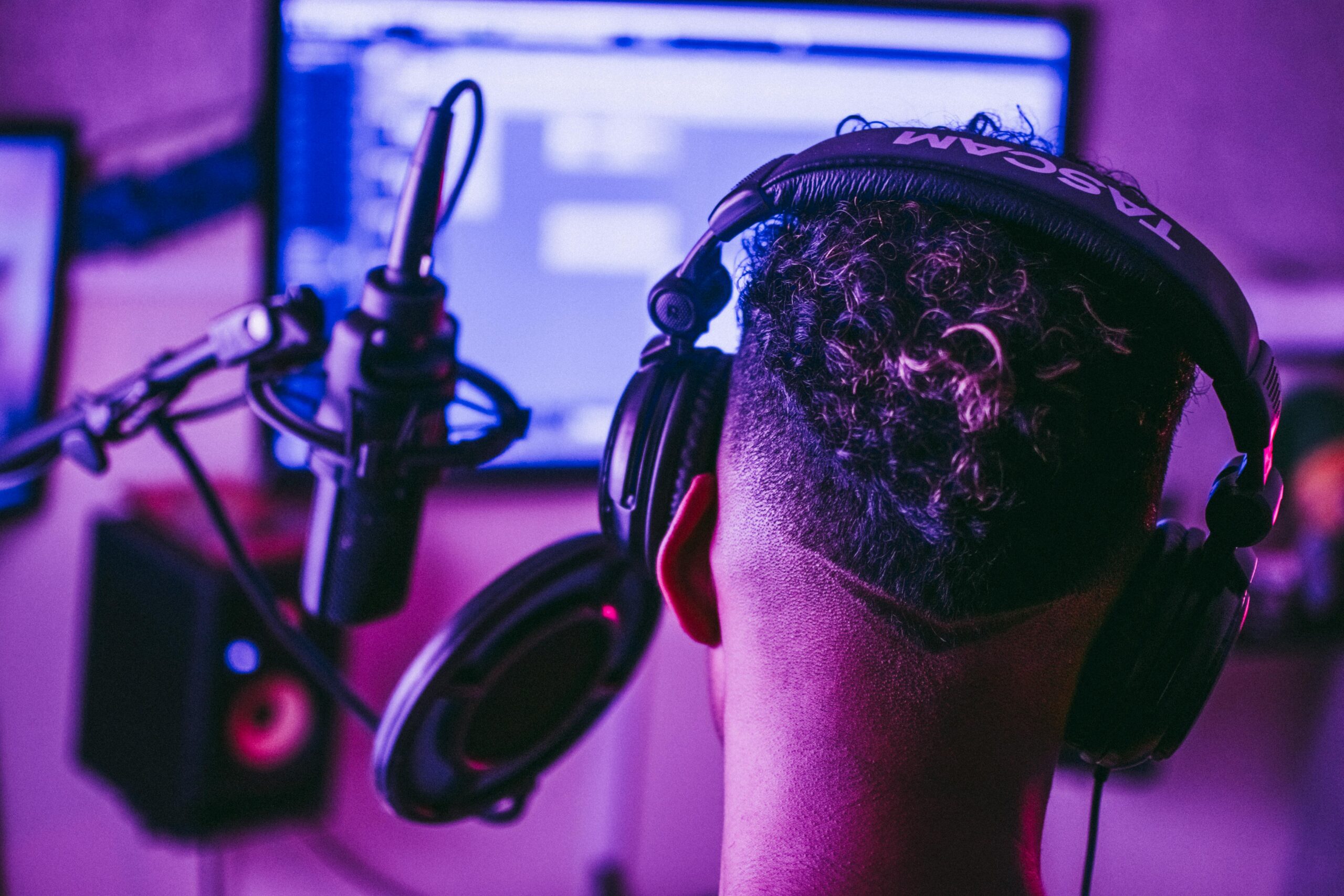
LABS
Why Labs Are Where the Real Learning Happens at Audio Recording Schools
In the world of audio, reading about mixing isn’t the same as doing it. Watching a tutorial on compression won’t teach you how to use it on a real vocal. To truly understand audio, you need to get your hands on the gear, make mistakes, and learn by doing.
That’s where labs come in.
At a great audio recording school, labs are the bridge between the classroom and the real world. It’s where you go from learning about audio to actually working with it — and developing the confidence and skill that make you employable.
Here’s what labs are, how they work, and why they’re a huge part of your audio education.
What Are Labs at Audio Recording Schools?
Labs are dedicated practice spaces where you can work independently, in pairs, or in small groups to apply what you’ve learned in class. They’re loaded with industry-standard gear and software — and they’re designed to help you build your skills through repetition and hands-on experience.
Depending on your program, you’ll use lab time to:
- Practice mic placement and signal flow
- Work inside DAWs like Pro Tools, Logic, or Ableton
- Run mock studio sessions
- Edit voiceovers, mix music, or design sound
- Troubleshoot problems and develop workflows
Think of labs as your training ground — where you put in the hours that shape you into a pro.
What You'll Find in the Labs
While every school is a little different, most audio labs include:
- Workstations equipped with DAWs and audio interfaces
- Studio monitors and headphones for critical listening
- MIDI controllers and digital instruments
- Plugin suites (Waves, FabFilter, Soundtoys, etc.)
- Mic lockers and portable setups for practice
- Patch bays and routing systems to simulate studio environments
Some labs are focused on music production, while others might specialize in post-production, podcasting, or game audio. You’ll rotate through multiple types as your skills develop.
Supervised + Open Lab Time
You’ll typically experience two kinds of lab sessions:
Supervised Labs
These are scheduled parts of your curriculum. An instructor or lab supervisor is there to guide you, check your work, and answer questions while you complete projects or technical drills.
Open Labs
These are independent time slots where you can come in and:
- Practice what you just learned in class
- Re-record or refine project elements
- Work on personal music or freelance gigs
- Build your demo reel or portfolio
- Prepare for certification exams (like Pro Tools or Wwise)
This is where a lot of students level up fast, because you’re getting reps in outside of class — just like athletes hitting the gym.
What You’ll Practice in the Labs
Labs are about muscle memory and workflow. You’ll learn how to:
- Set up sessions from scratch
- Organize audio tracks and color-code efficiently
- Apply EQ, compression, reverb, and delay creatively
- Automate volume, effects, and transitions
- Record, comp, and edit vocals and instruments
- Mix with accuracy and confidence
- Export and deliver projects in professional formats
It’s not about memorizing menus — it’s about getting comfortable and confident with the tools you’ll use in real jobs.
Why Labs Matter for Career Prep
In every audio field — whether it's music, film, live sound, or gaming — what employers and clients want is proof that you can do the work. Lab time helps you build:
- A portfolio that shows your range and creativity
- A deep understanding of industry workflows
- The ability to work quickly, cleanly, and under pressure
- Confidence in problem-solving, troubleshooting, and adapting on the fly
- A sense of discipline and independence that sets pros apart
When you leave school, you won’t just “know how” — you’ll have already done it dozens (or hundreds) of times.
Labs Aren’t Just Practice — They’re Preparation
Labs are where you build the habits that will carry you into your career. You’ll learn:
- How to prep for sessions
- How to manage files and backups
- How to work efficiently on deadlines
- How to focus for long hours without burnout
- How to troubleshoot creatively when things don’t go as planned
These aren’t just audio skills — they’re professional skills.
Why This Matters to You
If you want to be good at audio — really good — you can’t just sit in a classroom. You have to show up, put in the hours, and learn by doing.
Labs give you the space, tools, and support to get better every single week. They’re where mistakes turn into breakthroughs, where lessons become skills, and where students become audio professionals.

STILL NOT SURE WHERE TO START?
Answer a few questions and find a program that fits your goals.

Leave a Comment: